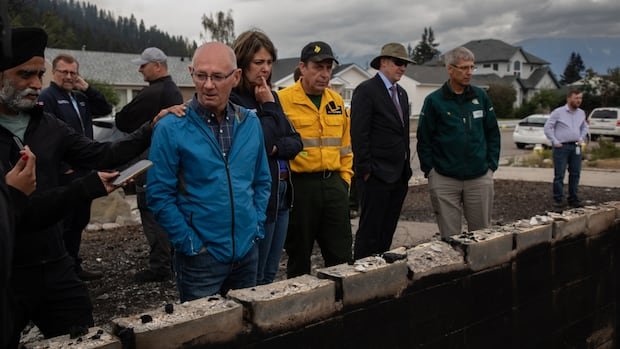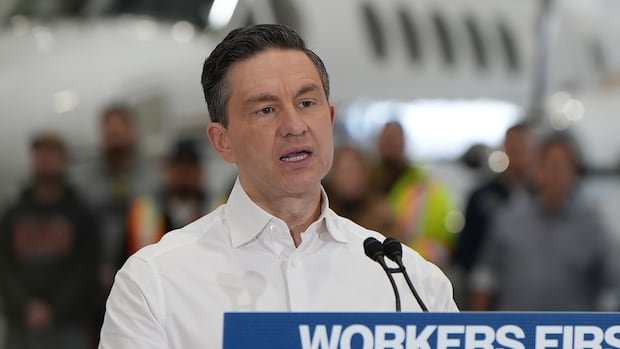Municipal politicians across Canada have written a letter to the five main federal party leaders calling for climate-related actions they say would improve the country’s resilience to environmental calamities.
The group includes Montreal Mayor Valérie Plante, Jasper, Alta., Mayor Richard Ireland, former Toronto mayor David Miller, Princeton, B.C., Mayor Spencer Coyne and Ben Hendriksen, the deputy mayor of Yellowknife. A total of 128 mayors, deputy mayors, city councillors and area directors signed on.
In the letter published Friday, the mayors and councillors say their ideas would create jobs and use Canadian steel, aluminum and lumber — sectors of the economy threatened by American tariffs — and appear to take aim at the Liberals’ and Conservatives’ focus on resource extraction projects to make the economy less dependent on the U.S.
The group wants the next federal government to build a national electric grid that includes the North, move ahead with a high-speed rail network, build two million non-market “green homes,” make homes and buildings more energy efficient and fund a “national resilience, response and recovery strategy.”
The electricity grid in Canada is decentralized and mostly managed by provinces, and not all northern communities have access. As for high-speed rail, former prime minister Justin Trudeau announced $3.9 billion in funding over six years for the design phase of Alto, a 1,000-kilometre line from Toronto to Quebec City.
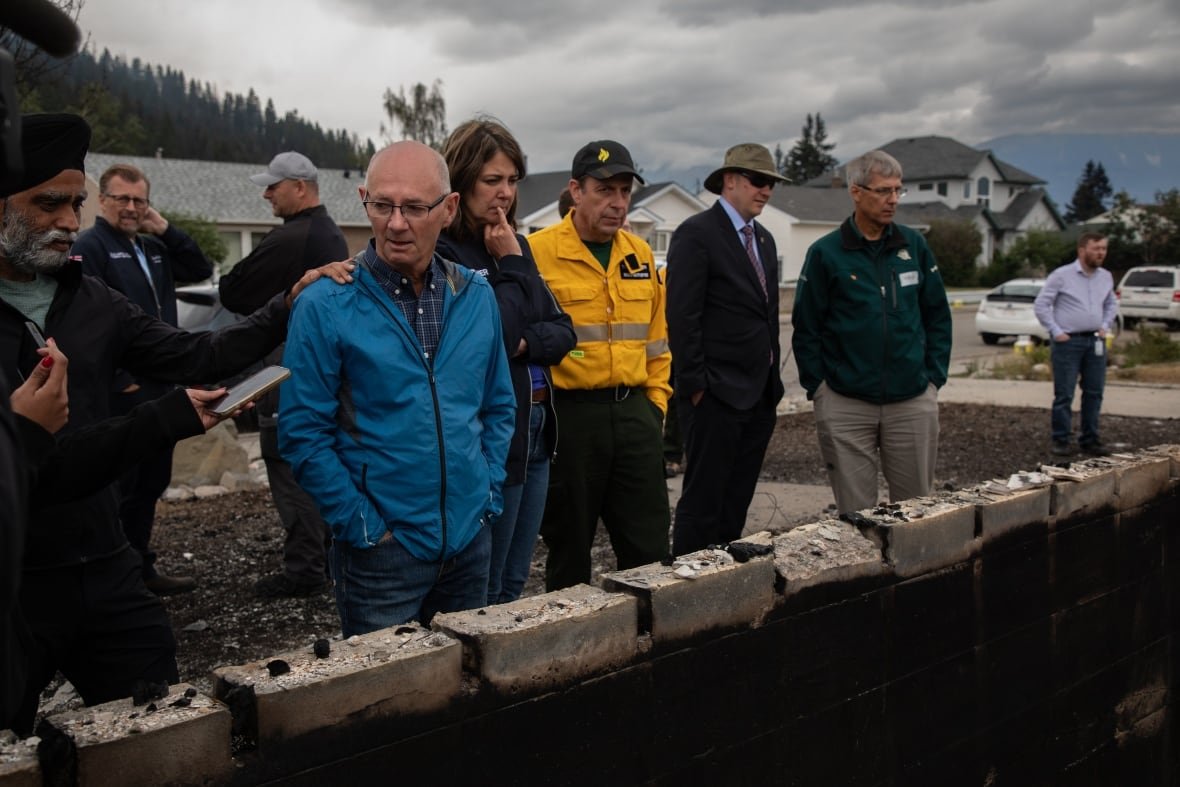
The letter suggests paying for the projects by redirecting billions of dollars in fossil fuel subsidies and increasing taxes on big polluters.
Pipelines not the solution, says letter
“Let’s be honest: new pipelines require massive public handouts, trample on Indigenous sovereignty and mean more climate disasters hitting our cities and towns in years to come,” it reads.
In a news release about the letter, Plante said the federal government needs “greater vision and action” rather than “entertaining ideas for more pipelines.”
The federal election has so far been heavily focused on the impacts of U.S. President Donald Trump’s tariffs and the uncertainty they have created, overshadowing issues such as climate change, Indigenous reconciliation, poverty and housing.
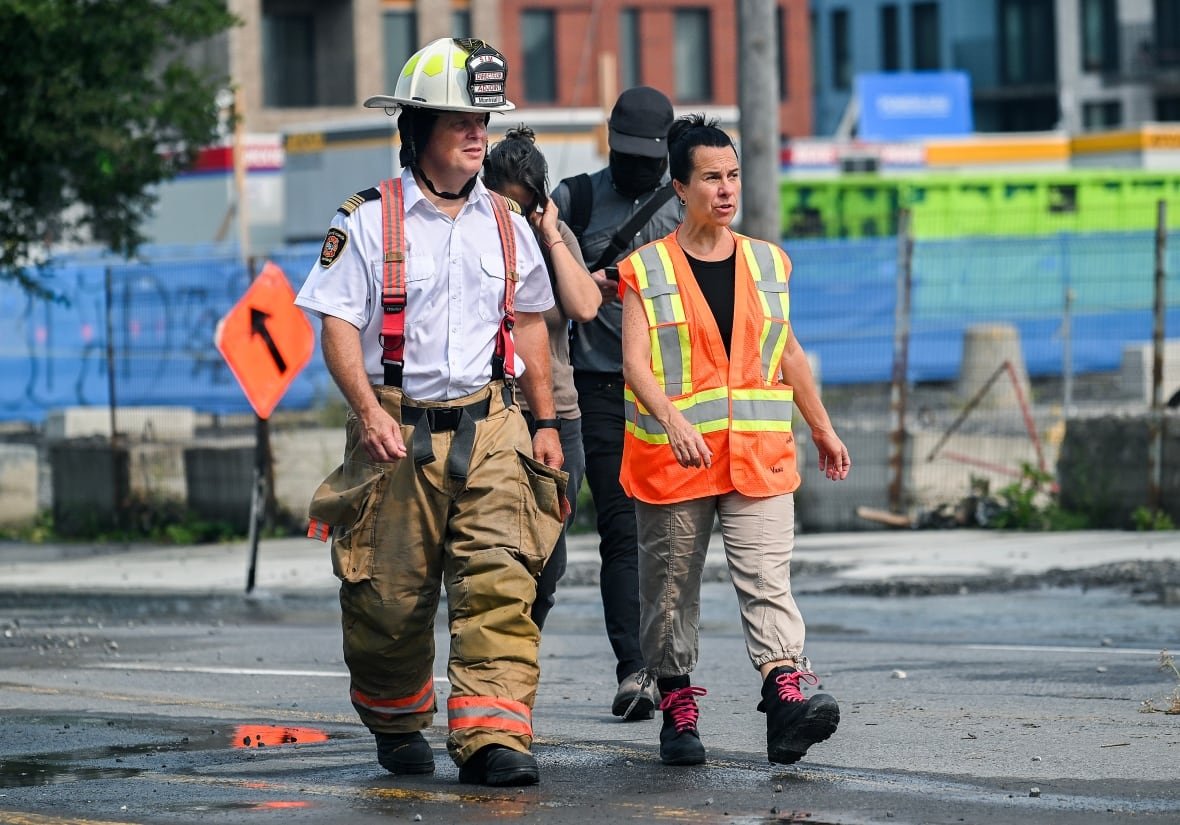
Montreal and Jasper were both hit hard by environmental disasters last year. In July, the Jasper wildfires forced a mass evacuation lasting nearly a month as the fires burned out of control and destroyed a portion of the city.
Then, in early August, non-stop rain over a period of 24 hours caused massive flooding in Montreal and in other parts of southern Quebec. The event has been called the costliest severe weather event in Quebec history by the Insurance Bureau of Canada, with nearly $2.5 billion in insured damage.
“What we need are programs that not only significantly reduce pollution but also help rebuild our communities, as climate disasters continue to intensify,” Plante said in the release.
In an interview with CBC News on Thursday ahead of the letter’s publication, Ireland said the most important of the five calls to action for him is the resilience, response and recovery strategy, which he believes could have helped shorten delays in interim housing for his residents and restored the local economy more quickly.
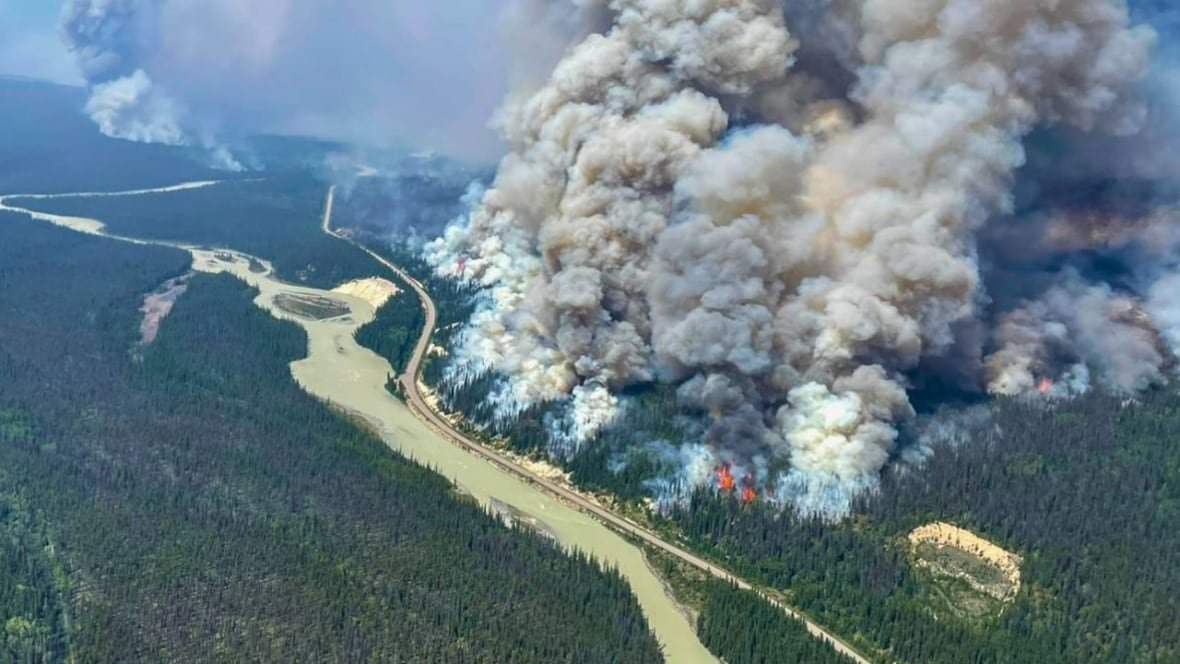
Election focused on other issues
“The election has been focused on other external issues, which are of course really important to our national sovereignty and our well-being, but they tie in” to what the municipal leaders are proposing, Ireland said.
The Jasper mayor suggested the strategy could involve requiring that building codes be updated for new structures to be more fire or flood resistant, for example, or to promote the creation of fire breaks.
Conservative Leader Pierre Poilievre has made a campaign promise to establish what he refers to as a “Canada First” national energy corridor, which would involve pre-approving pipelines. Researchers at the University of Calgary’s School of Public Policy have been examining this option for the past decade.
“Sadly, we feel that although we are perhaps the most recent community to go through this experience, we probably won’t be the last,” he said.
Ireland’s home of 67 years was one of the more than 800 dwellings lost in the Jasper fires. He spoke late last year about the challenge of securing interim housing for residents hoping to return to the community.
“If we can use our experience to help other communities across Canada be prepared for the reality of severe weather and climate change on their communities, then at least we have used our disaster to help others,” Ireland said Thursday.
“We live in a complex world and at the end of the day, the environment seems to rule it all. So, let’s get a little focused on what matters.”


